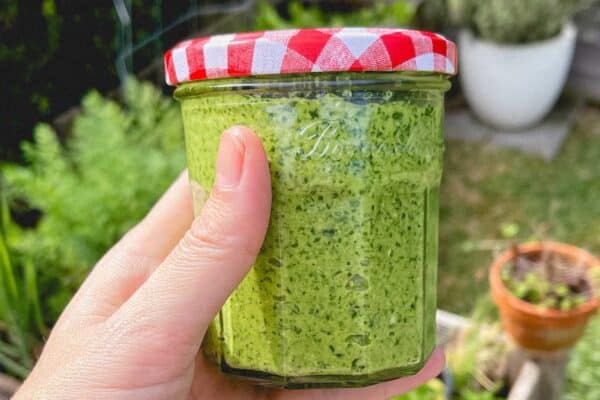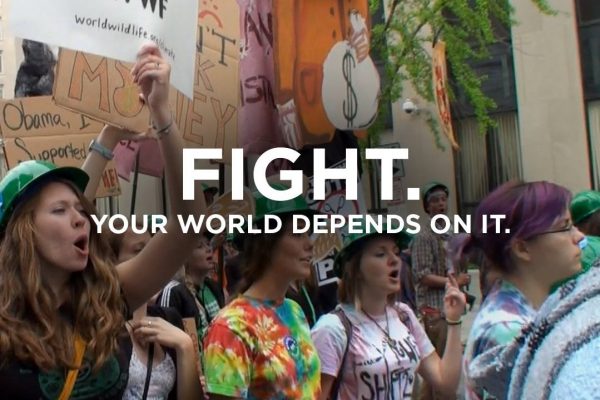I’ve never really thought too much about essential oils, what they area and where they’ve come from.
The closest I got to understanding essential oils as a child was when my mum used to wash my hair with Tea Tree oil when I got head lice (the smell still brings back bad memories).
It wasn’t actually until I saw a recent campaign by Lush Cosmetics talking about the psychology of smell, making essential oils and sourcing sustainable oils, that I became interested in the topic.
Essential or aromatic oils have been used right back to the Egyptian time, from medicine to beauty products. Essential oils have a history and connection to religion, symbolism and status, intrinsically used in alternative medicine.
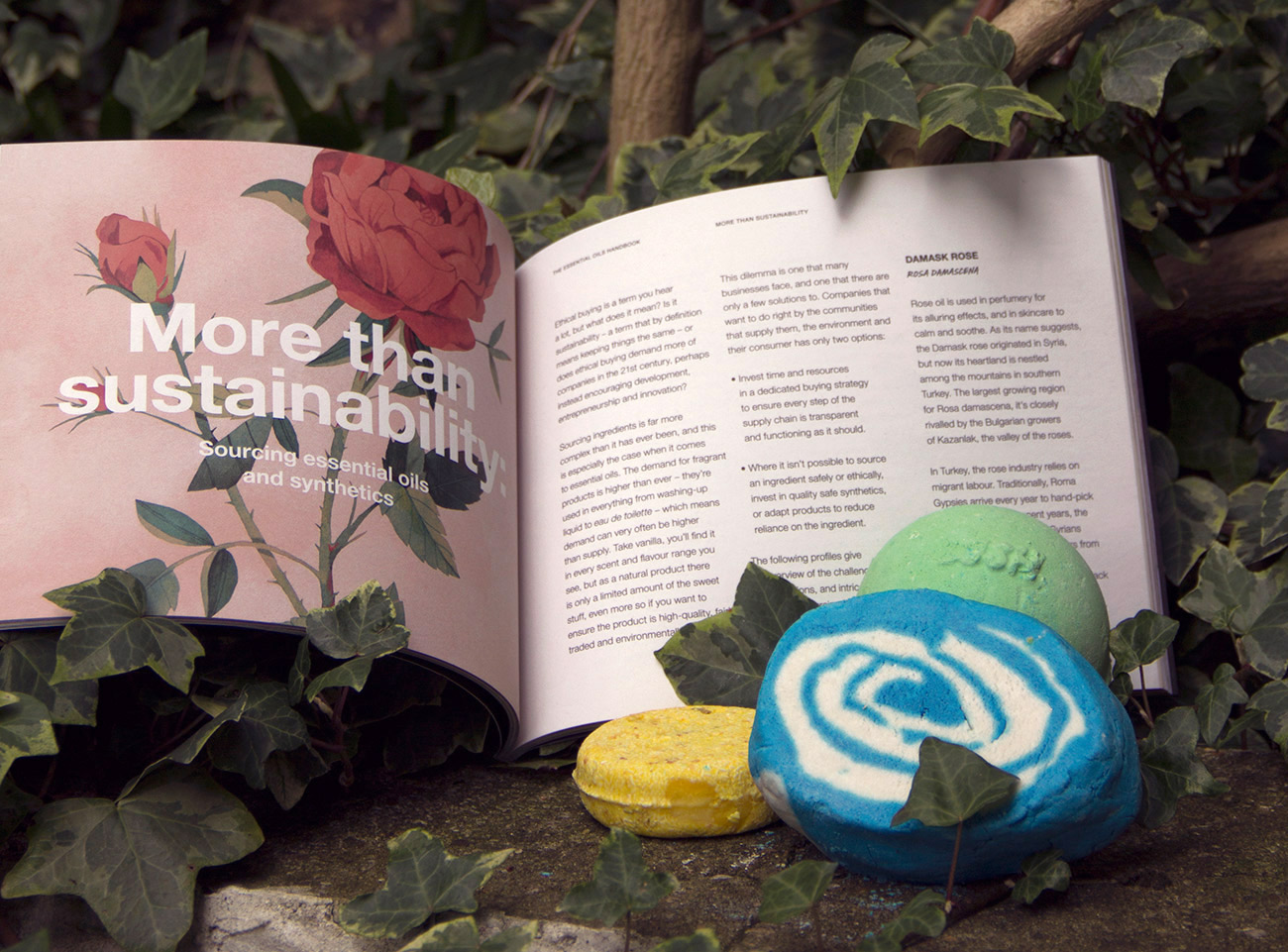
“Let’s get down to it. Essential oils are quite literally the essence of the plants they come from. They are concentrated liquids containing the parts of the plant that attract pollinators, deter pests, and essentially, smell nice.” – The Essential Oils Handbook, Lush Cosmetics
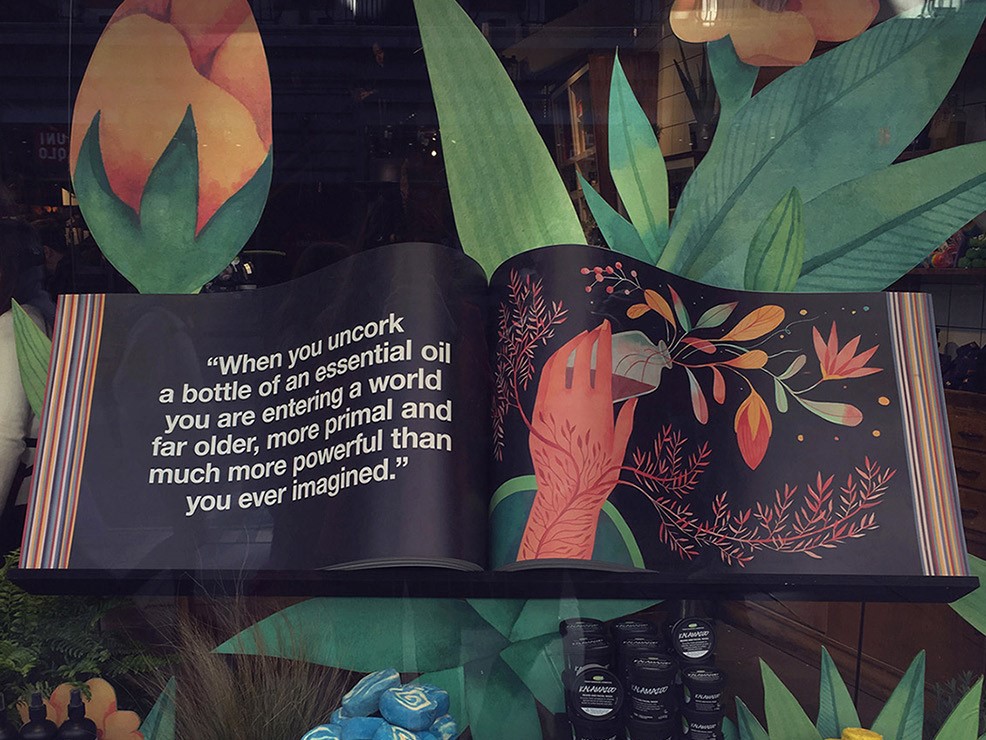
In modern day, essential oils are extremely popular for a wide range of products, from cleaning to beauty. In my own life, I didn’t realise how much I use essential oils: I have a diffuser with oils, my skincare and makeup contains essential oils, my cleaning products have oils and I take peppermint oil pills. It’s remarkable to realise the scope of essential oils, with such diverse uses.
Like most people, I have a vision in my head of a plant being carefully hand squeezed and oil dripping out, which doesn’t quite seem to be the full story…
What is an essential oil?
Plants have specific smells to attract pollinators and deter pests, which essentially keep species growing and surviving, including humans. An essential oil is basically the “essence of” a specific plant’s fragrance.
There are three main methods to extraction; distillation, expression (mechanical pressing) and solvent extraction. Once it’s extracted, it is then held in high concentrations of solvent to ‘hold it’. Distillation is the most common method, using steam. Essential Oil brand doTERRA explains the process as,
‘steam passes through the plant material. The combination of heated steam and gentle pressure causes the essential oil to be released from microscopic protective sacs. As the vapor mixture flows through a condenser and cools, it yields a layer of oil and a layer of water. The essential oil rises to the top and is separated from the hydrosol (floral water) and collected.’
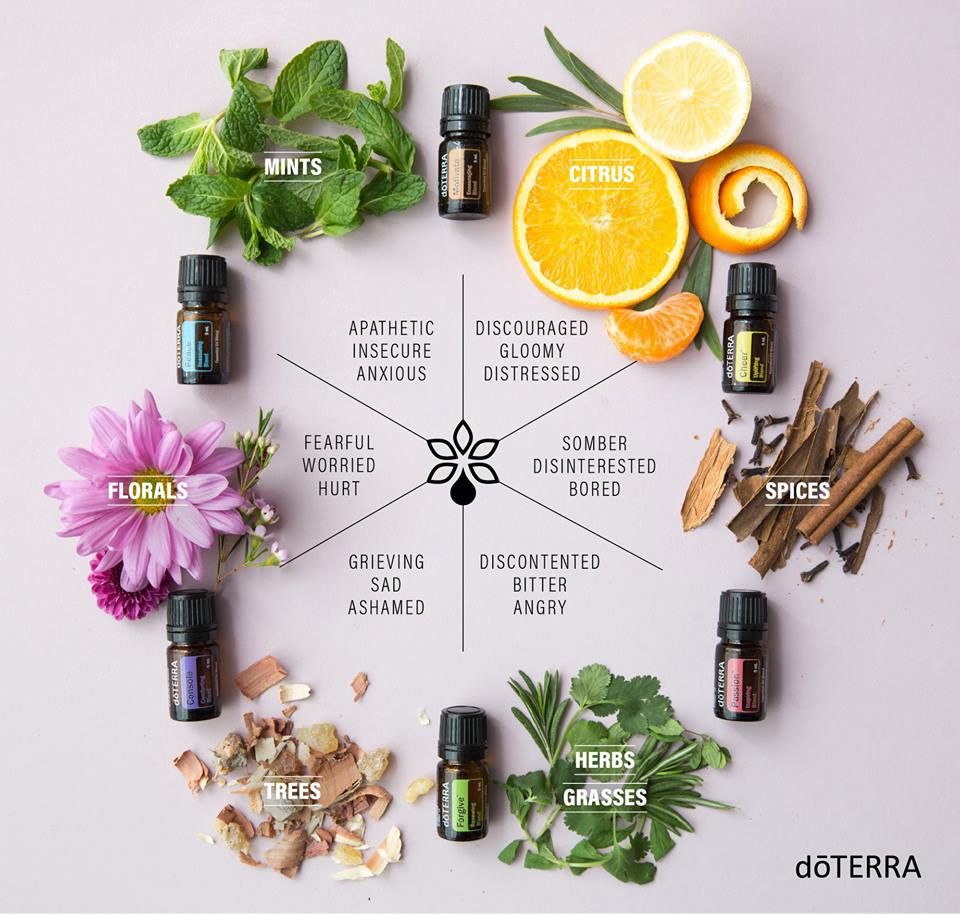
Solvent extraction is used for more delicate flowers such as Jasmine; this process uses a solvent such as ethanol to release the smell into the liquid. The solvent is then removed, leaving the absolute fragrance. Expression is used for citrus fruits mainly to get the oils from the rind. It uses mechanical pressure or hand pressure to extract the fragrance. Natural skincare brand Parva uses leftover skin from fruit to produce beautifully handcrafted products. I went to one of her workshops and she uses orange peel extract and many other essential oils for her products.
There’s actually a whole science to essential oil production, including the chemistry behind making them. It is a careful process, with naturally occurring chemicals being particularly dangerous at high-levels. In modern day, science has expanded our access to essential oils with development of synthetic smells but it’s also expanded the possibilities of dangerous chemicals and plant exploitation.
“In the right concentrations essential oils, and the chemicals they’re made up of, can be lethal or lifesaving” – The Essential Oils Handbook, Lush Cosmetics
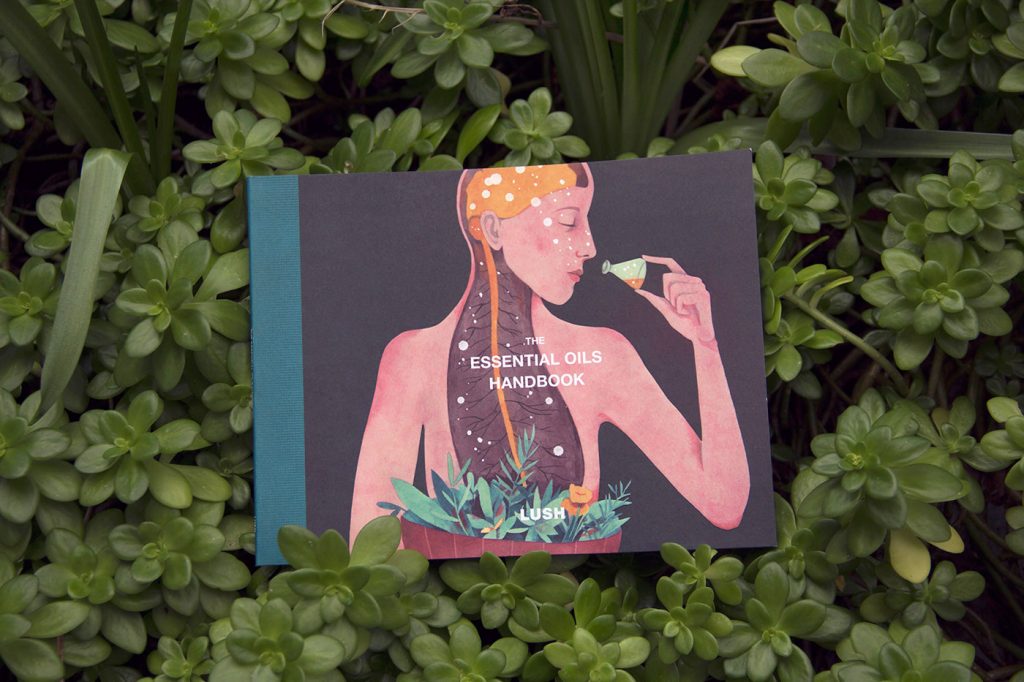
Sustainable & careful sourcing
With the demand for essential oils high, it can be difficult to source essential oil that has been fairly traded and good quality.
Lush has a useful list of specific ‘smells’ to look out for that can be environmentally damaging or unethically sourced here. On the list includes ‘Vanilla’ which due it’s popularity and low yield, has surrounded the farmers with violence and even murder in Uganda. ‘Ylang Ylang’ is also an issue for Indonesia and Madagascar, causing deforestation to grow it and corruption around grade levels.
Look into the products you are purchasing and ask questions, if you aren’t sure where essential oils are being sourced from – ask.
Expense doesn’t necessarily mean sustainable and ethically sourced, some fragrances just aren’t worth buying!
